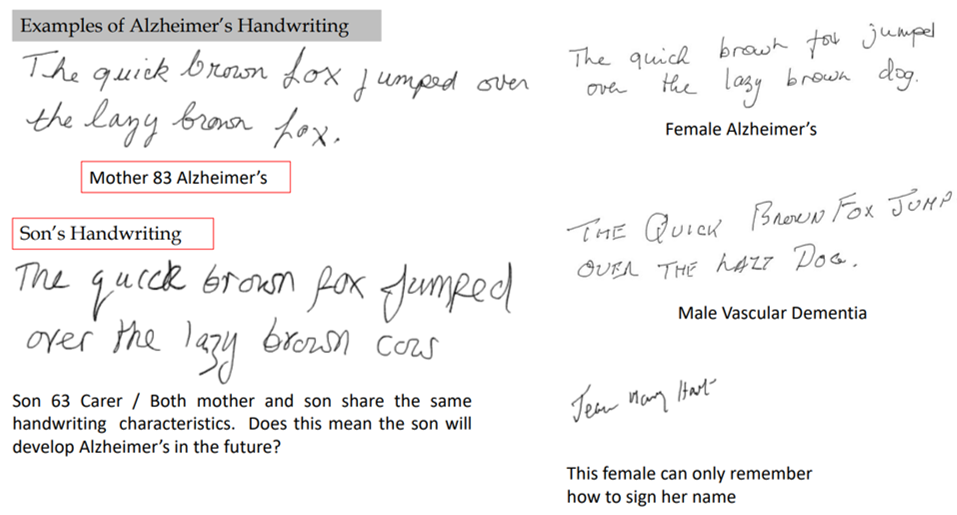
The cost of dementia in the UK is indeed a significant concern, with projections indicating a rise from £42 billion in 2024 to £90 billion by 20402. This escalating cost underscores the need for effective and non-invasive therapies to manage and potentially reduce the burden of dementia.
The National Institute on Aging (NIA) is exploring the potential of “brain games” to mitigate mild cognitive impairment and dementia. These games are designed to engage fine motor skills, memory, and neural pathways, which are crucial for cognitive health4. Research has shown that video games and other cognitive training activities can improve memory and cognitive control in older adults4.
Handwriting and art, which also rely on fine motor skills and neural pathways, could be beneficial in a similar way. Engaging in these activities might help maintain cognitive function and monitor the progression of dementia. The idea that a person with mild cognitive impairment who struggles with writing may have developed a form of dyslexia is intriguing. Dyslexia and dementia share some overlapping symptoms, and there is ongoing research into the potential link between the two6.
Incorporating handwriting exercises and other creative activities into dementia care could provide a non-invasive method to support cognitive health and monitor changes over time. This approach aligns with the broader goal of finding effective, non-harmful therapies to manage dementia and reduce its societal and economic impact.
Alzheimer’s Society – Dementia Care Costs : Alzheimer’s Society – Economic Impact of Dementia : National Institute on Aging – Video Games and Cognitive Health : NIH – Video Game Training Improves Cognitive Control : Dyslexia and Dementia Connection : Succeed With Dyslexia – Dyslexia and Dementia.

[1] Soaring dementia care costs reach £42 billion in UK – and families bear the brunt | Alzheimer’s Society (alzheimers.org.uk)
[2] Lifestyle, Behavior, and Cognitive Training Intervention Research | National Institute on Aging (nih.gov)
[3] Learning disabilities and dementia | Alzheimer’s Society (alzheimers.org.uk)
